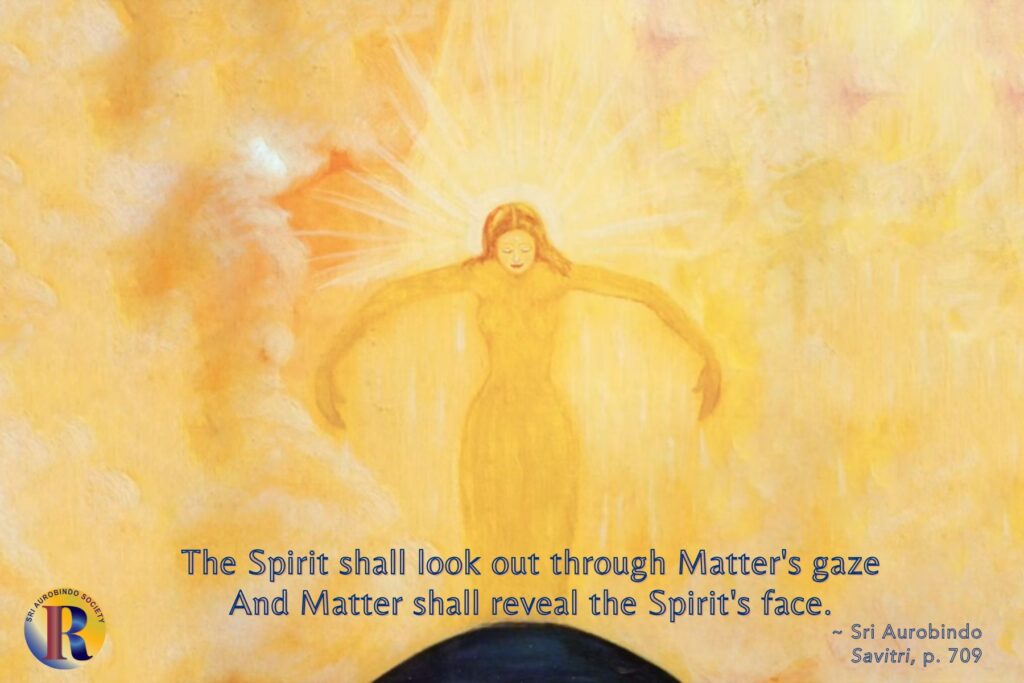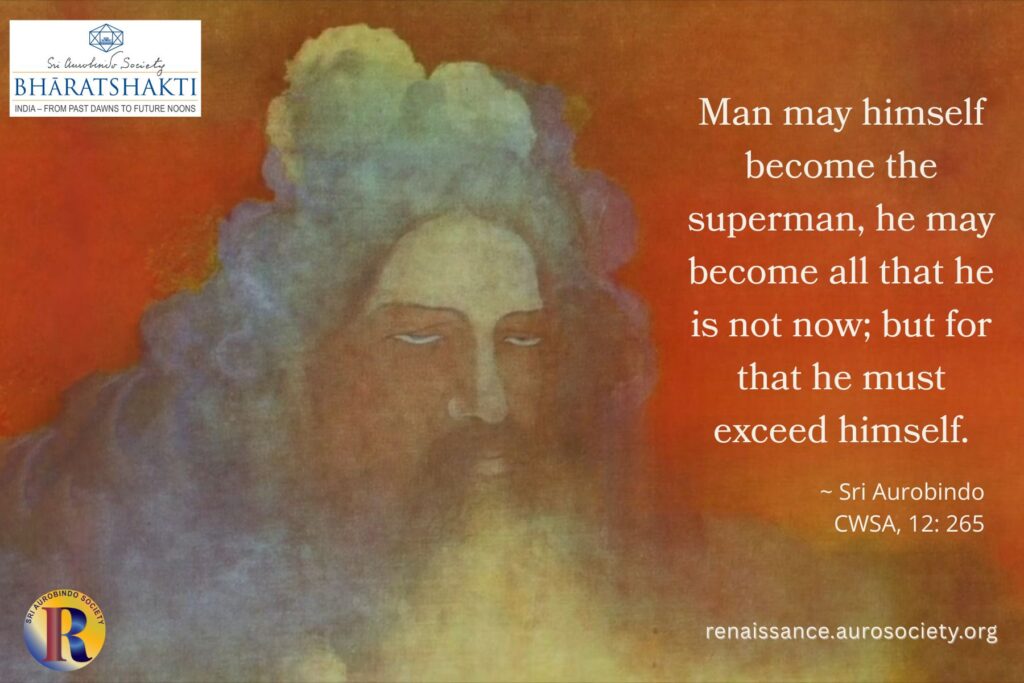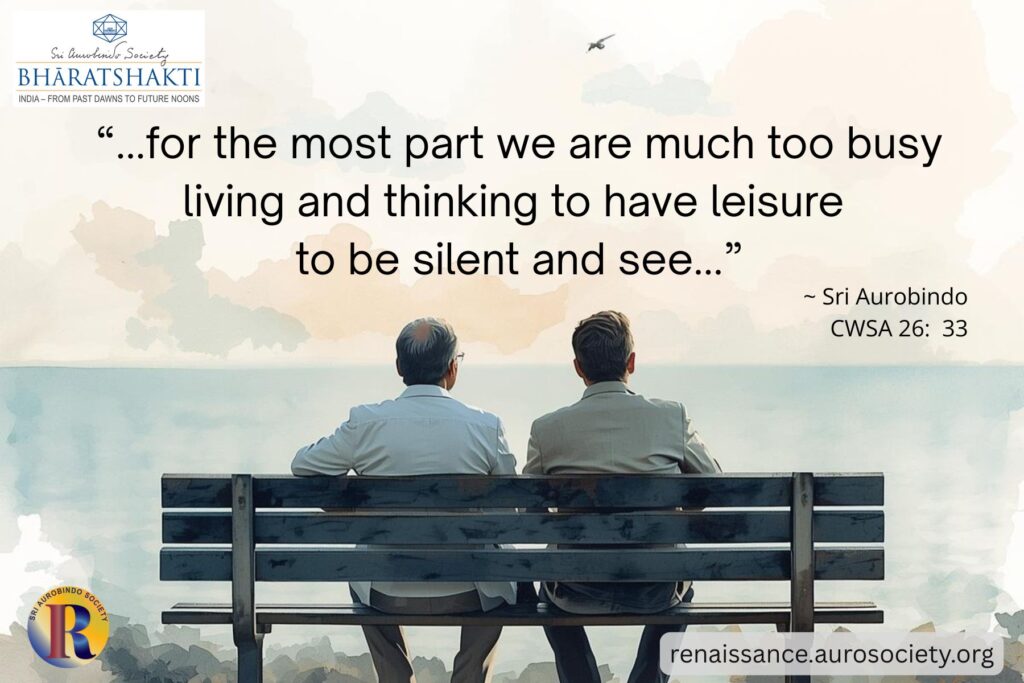Volume V, Issue 2
Author: Rabindranath Tagore (Transl. Narendra Murty)
Editor’s note: In this extract published in Rabindranath Tagore’s Bengali journal Shantiniketan (Vol I), the Nobel laureate writes about how his mother’s love made him aware of the Divine Grace in his life. The title has been given by the translator Narendra Murty; the original journal entries were not given any specific titles by Tagore.

We think that only those who are atheists are unbelievers. But since we acknowledge the existence of God, we are believers. With this conviction, we rest assured and are completely at peace with ourselves. And those with whom our religious views do not concur, we call them atheists, heathens, sinners, doubters and what not.
As a result, there is no end to conflicts, strife, persecution and torture. By dividing the world between “our religion” and “the others”, we have monopolized God as the sole property of our group and have made ourselves quite comfortable. No doubts arise in our minds; no worries.
By merely acknowledging God in so many words we have, in reality, banished Him from the world.
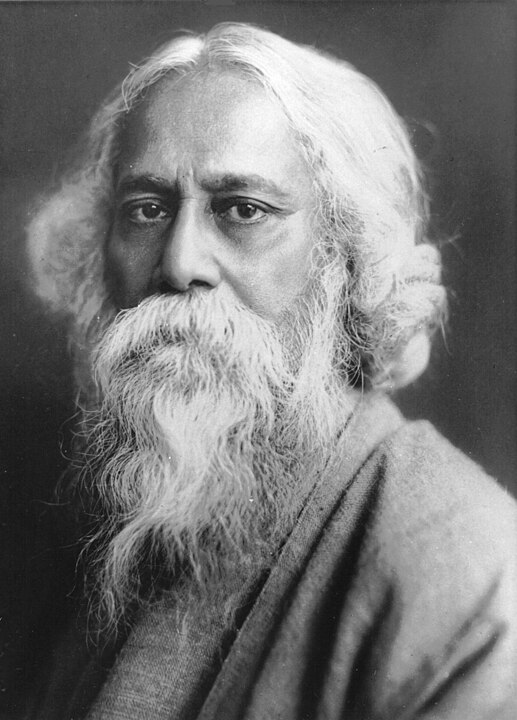
We live in our homes and in the society in such a manner as if He doesn’t exist. From birth till death we conduct ourselves in such a way as if Lord of the Universe has no place in the world!
We do not see his resplendent image in the light of the rising sun. Nor do we experience His silent, serene presence in the darkness of the night as we slip into the dream world and journey deep into the land of sleep. We do not hesitate in the least to reduce this amazing, mysterious world to the narrow confines of our house and property.
We pretend as if we were born — not in the Lord’s world, but in our own house! And we know nothing except I, Me and Mine — but still we say we believe in God and we have no doubts about it.
Nothing in our actions and conduct at home or in the society show in any way that it is the Lord who is the master of the house and He is the Great Charioteer who is driving this chariot of Samsara. Instead we say: I am the Lord of the house; this samsara belongs to me. The whole of life is filled with this “I”. So many deeds, documents, rules, laws, rights and privileges! Where is the Lord? Only in words! There’s no room for Him anywhere else.
Believing God only in words – what can be a bigger self-deception than this?
I belong to this religion, I belong to this sect – by imprisoning Him only to this narrow cell, we occupy the entire available space without the slightest hesitation. This kind of audacity can come only from ignorance. A kind of fearful ignorance which doesn’t even allow us to know that we do not know!
It’s not that we do not know that the Lord exists but we conduct ourselves in a manner as if He doesn’t exist. Why is it so? Because we have not loved Him. So what does it matter whether He is there or not? For us, our house, property and possessions are more real to us than Him! Because we do not feel love for Him – our eyes do not see Him, our ears do not hear Him and our minds are closed to Him.
Ignoring the One who is more than anything else – what can be more tragic than this?
No wonder our lives feel empty. Even while existing, He is not available to us – what bigger loss can there be? This void, this loss is there because we do not have love. This lack has made our lives an arid desert; there’s no abundance; no song, no beauty. The One who is there, is not there! What can fill this emptiness? I know all, I understand everything, but still everything is pointless.
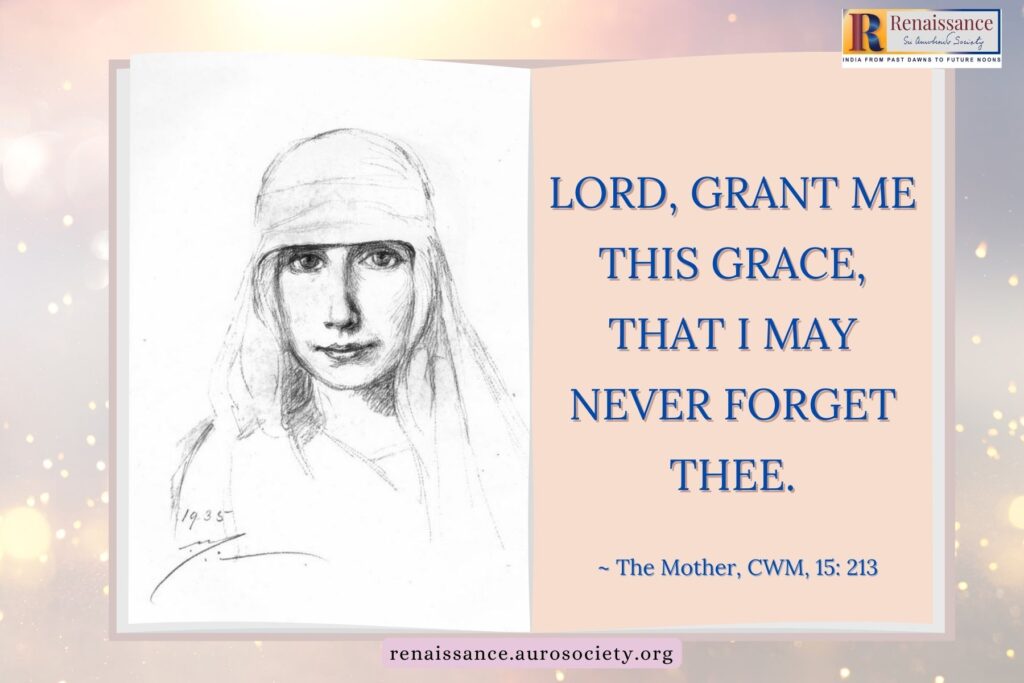
This ignoring of the One, had it created a material or monetary loss in any way, immediately we would have become alert. But there is no such danger. The sun gives its abundant light; mother Earth is fulfilling our infinite needs through her numerous umbilical cords. So what have we got to lose by banishing the Lord from our world? Alas, we do not realize what we are losing and we are absolutely relaxed in our certainties and in the knowledge that we are his chosen people. By how to explain the loss?
As an example, let me narrate a dream.
I lost my mother when I was a mere child. I never enjoyed the comforting and benign presence of a mother in my life. But I dreamt last night that I was a child again. My mother is sitting in one of the rooms of our farm house by the river. Mother is there! So what? How often does a mother occupy our minds? I ignored her and passed by her room. I crossed the corridor and suddenly the thought rose in my mind: Mother is there! Immediately I went to her room, touched her feet and sought her blessing. She held my hand and said: “You have come!”
Suddenly I woke up from my dream. I began thinking – I am staying in my mother’s house; I am passing by her room many a time – I know she is there but I am behaving as if she is not there. So what am I losing? Her kitchen is serving me, the food is on my plate whenever I am hungry; when I am asleep she is fanning me to provide comfort to my tired body. What am I losing?
What I am losing is this: She is not holding my hand and saying: “You have come!”
Every material comfort, wealth and retinue – all are in place. But where is that affectionate voice? That touch? When the mind awakens and seeks that voice and touch and doesn’t get them, then all the plentiful things in the numerous rooms do not give any comfort. All is empty.
Also read:
Human Destiny – A Critical Choice
Reflect and see that very rarely do we actually belong to anything or anyone. We may come and go to our near and dear ones many a time but rarely do we belong anywhere. So many times we may have met, so many mornings and evenings we may have spent together but only on rare occasions we have actually felt one with them.
There are thousands of such people who have never belonged; I mean truly belonged to someone. They were born into this world but they remained disconnected. They do not even realize that there is no connection. And they are mingling with everyone – playing, laughing, gossiping, giving and taking and thinking “I am in the midst of everyone”. They do not realize how measly it is.
The Divine is everywhere, in everything. We should never forget it—not for a second should we forget it. He is everywhere, in everything; and in an unconscious but spontaneous, therefore sincere, way, all that exists below the mental manifestation is divine, without mixture; in other words, it exists spontaneously and in harmony with its nature.
~ The Mother, Agenda, Vol. 1, p. 182
~ Design: Beloo Mehra

